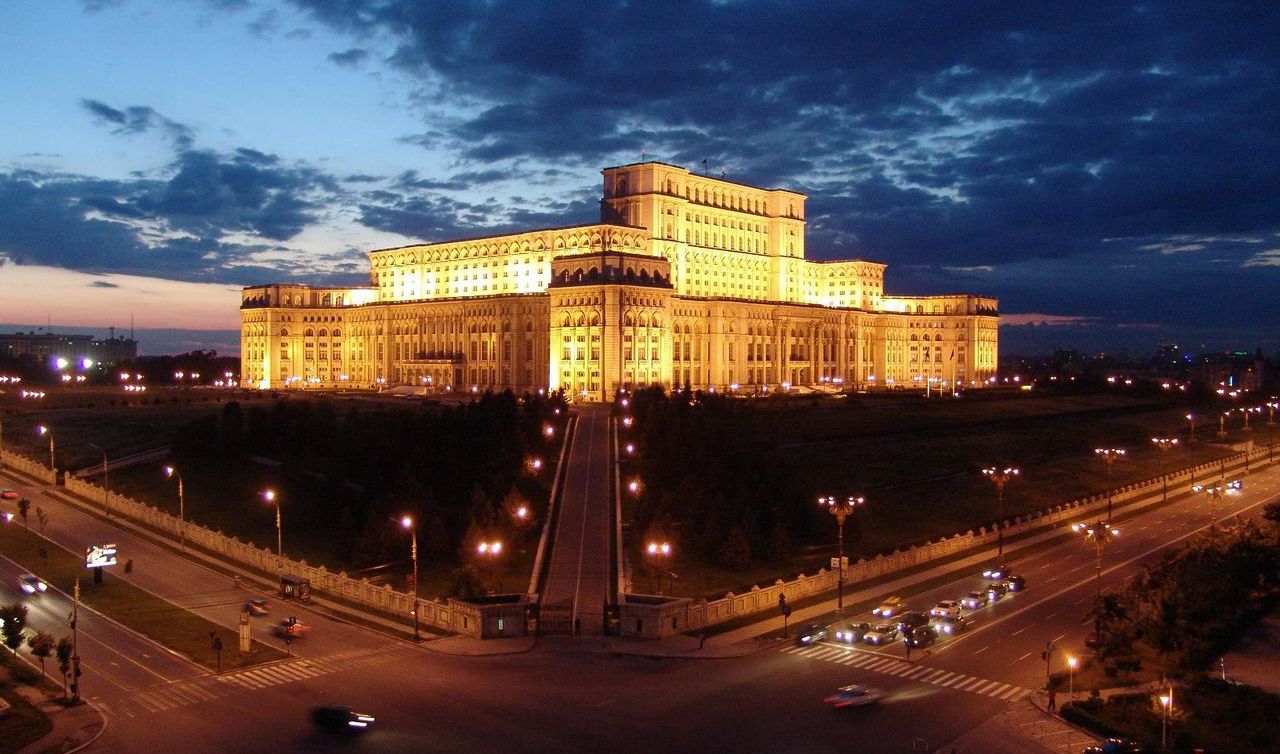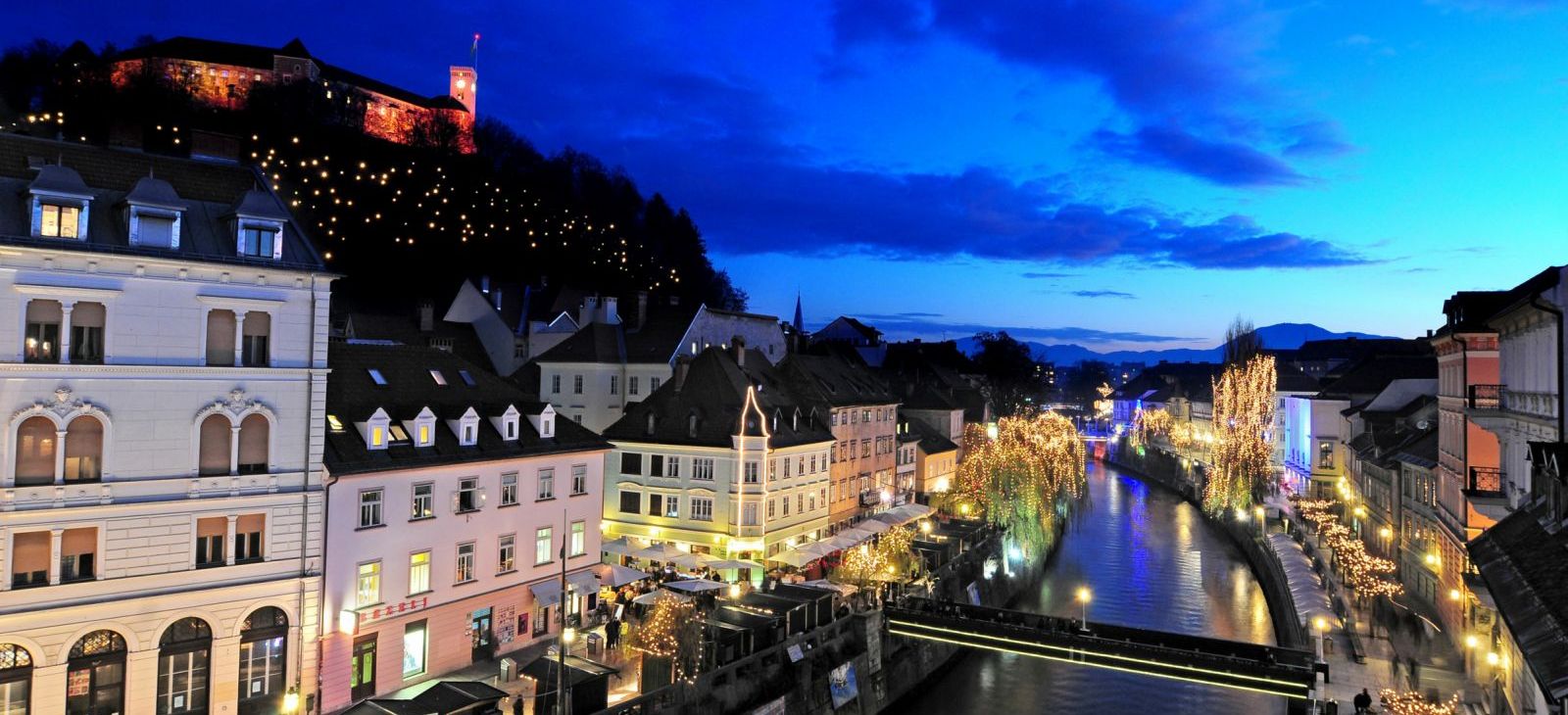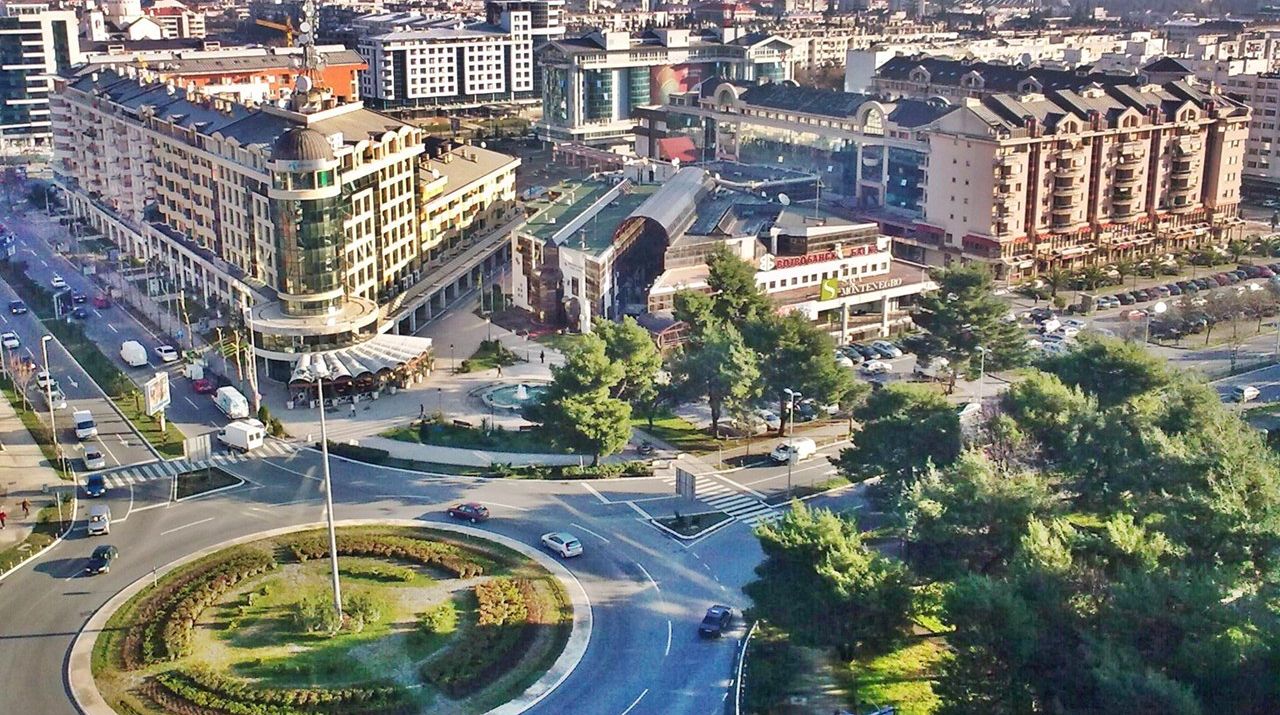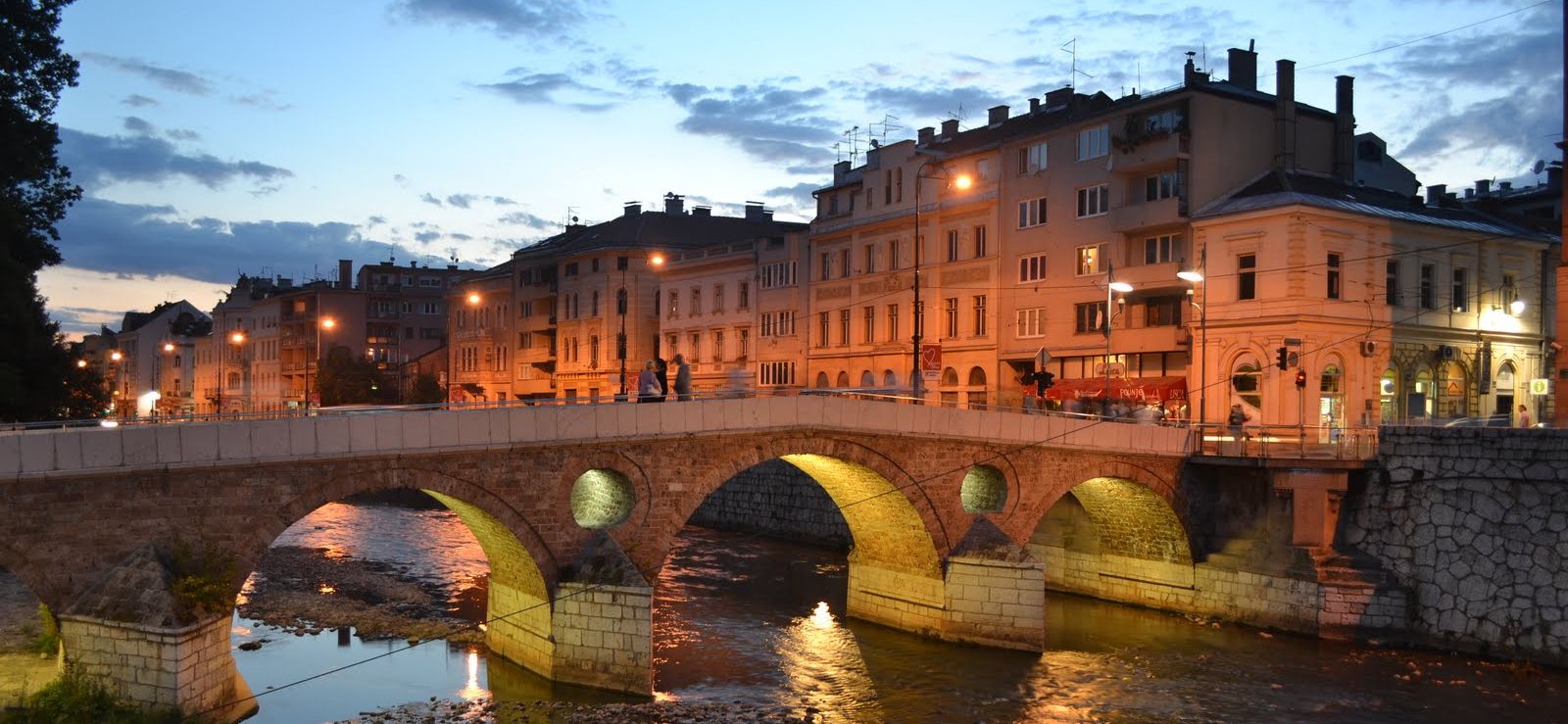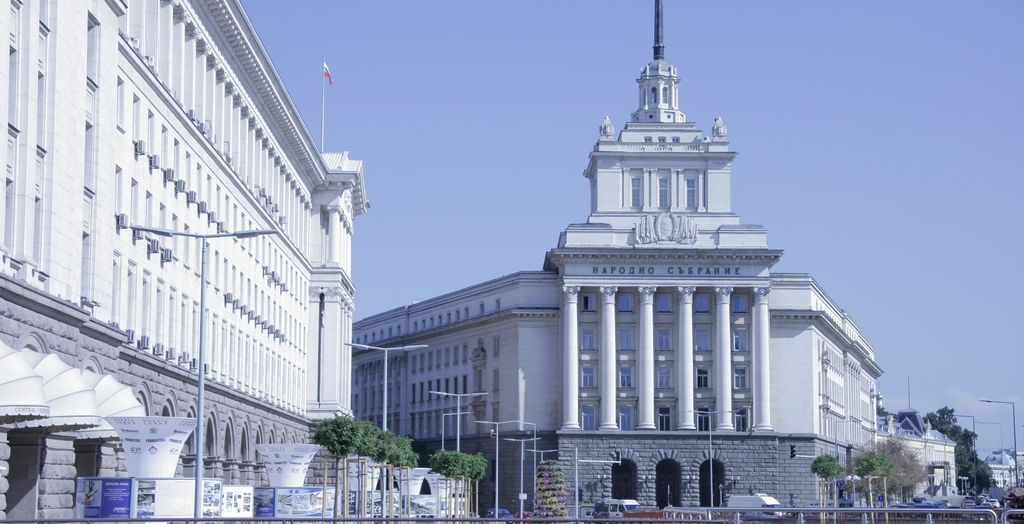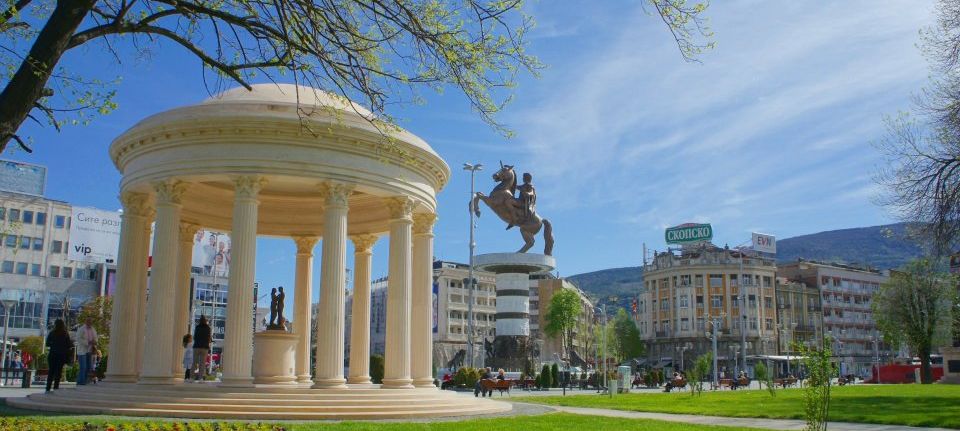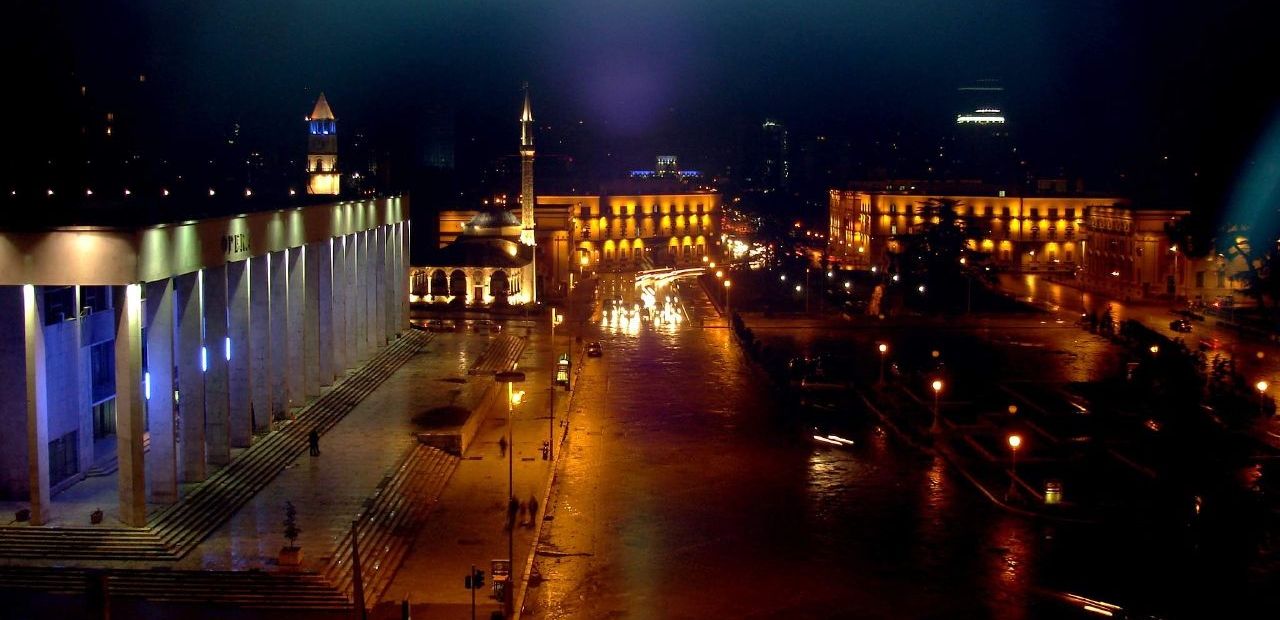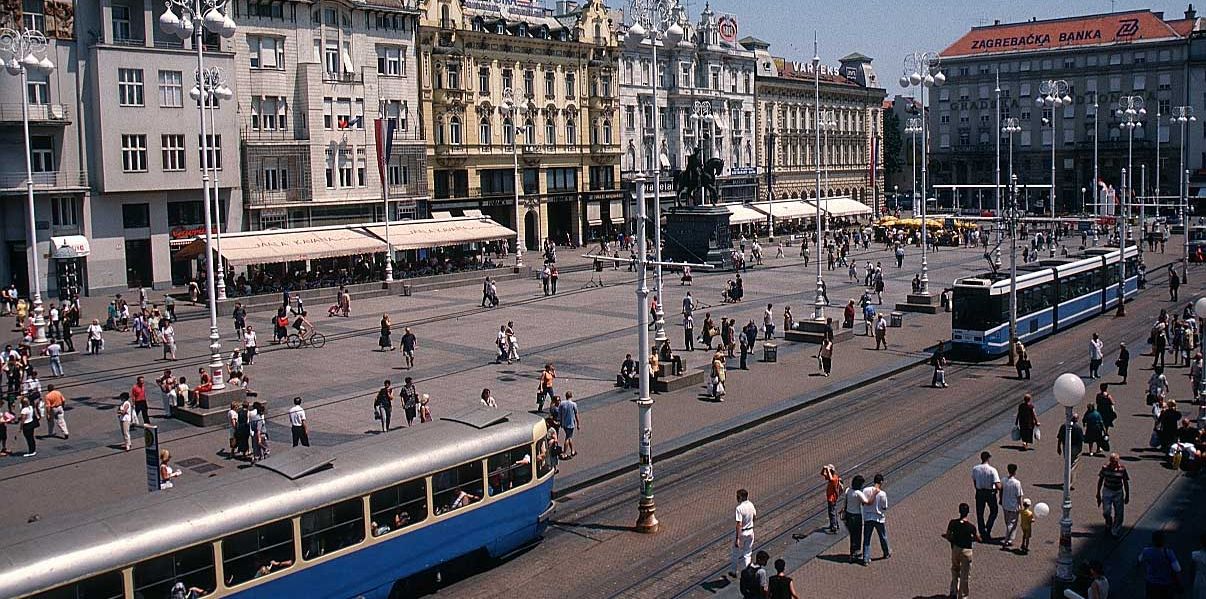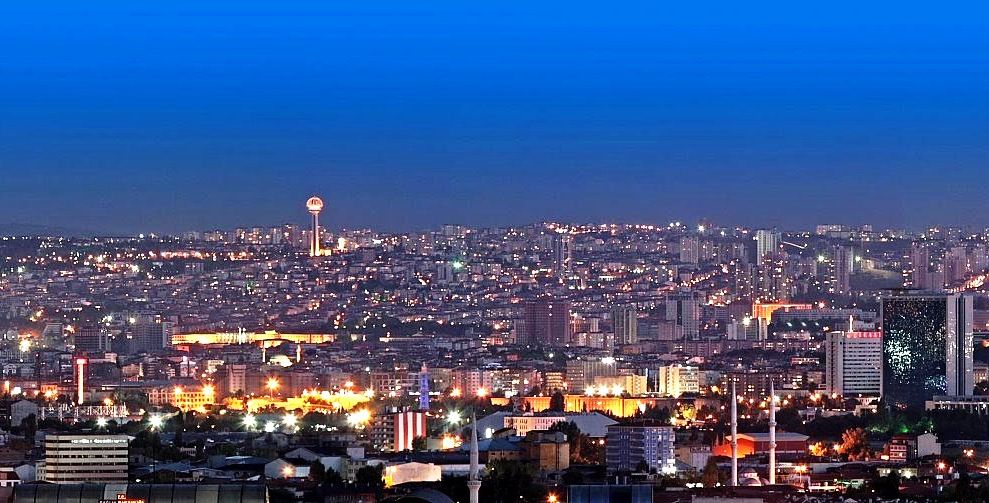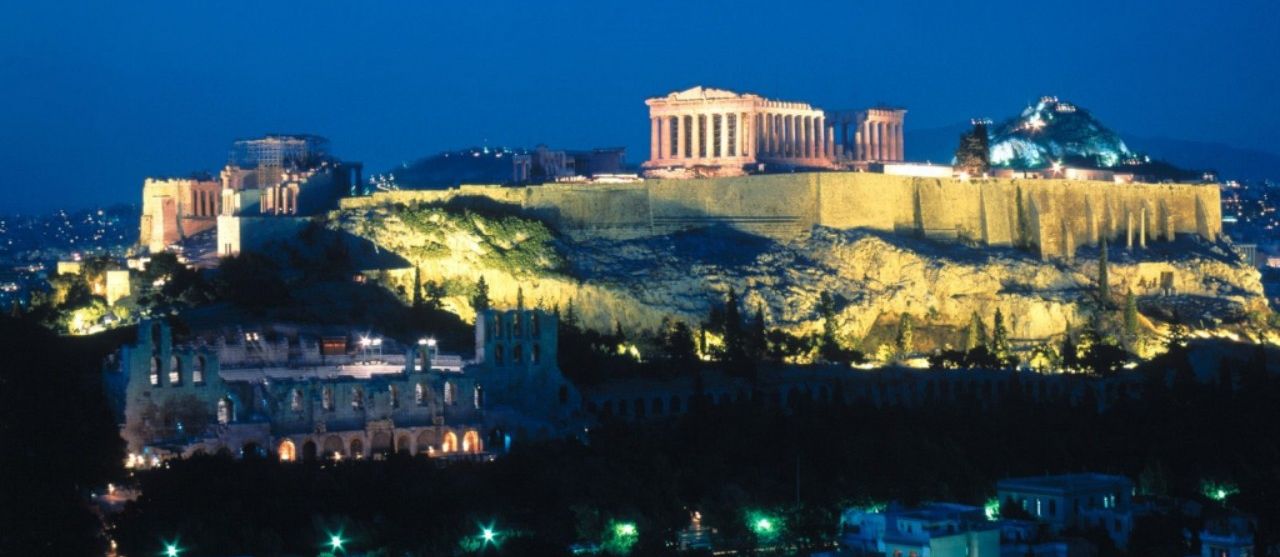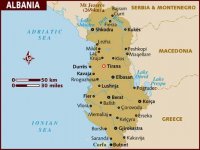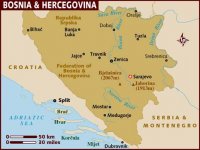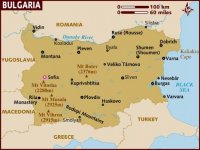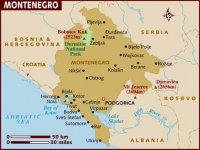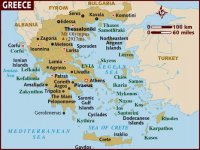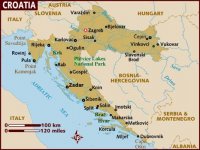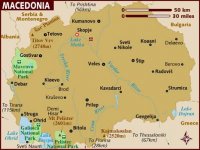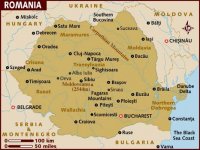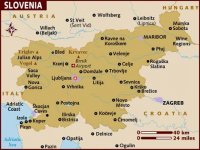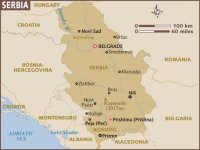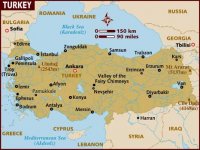Albania
The Republic of Albania is a small mountainous country in the Eastern Mediterranean. The nearest neighbors are Serbia and FYROM.
Bosnia and Herzegovina
Bosnia and Herzegovina, is a country in Southeastern Europe in the west Balkans. Bordered by Croatia, Serbia to the east, and Montenegro.
Bulgaria
The Republic of Bulgaria is situated in the eastern part of the Balkan Peninsula and faces the Black Sea. In the north it borders with Romania, in the west with countries of the former Yugoslavia and in the south with Greece and Turkey.
Montenegro
The Republic of Montenegro is located in Southeastern Europe. From the north it borders with Bosnia and Herzegovina, in the west Croatia, Albania in the south and Serbia in the north.
Greece
Europe farthest southeast dispersed throughout the island and the peninsula on which lies the Republic of Greece.
Croatia
It is located in southeastern Europe; in the west Croatia has access to the Adriatic Sea, in the north it borders with Slovenia and Hungary, in the south with Bosnia and Herzegovina and in the east with Serbia.
Macedonia
Former Yugoslav Republic of Macedonia (FYROM) shares its borders with Albania, Serbia, Montenegro, Bulgaria and Greece.
Romania
The Republic of Romania is country of Southeast Europe, at the Black Sea. It has borders with Ukraine, Hungary, Serbia and Bulgaria.
Slovenia
Slovenia lies on the west of Balkans. In the north it borders with Austria, in the west with Italy, in the east with Hungary and in the south with Croatia.
Serbia
The Republic of Serbia is located on the Balkan Peninsula in southeastern Europe. It borders with Hungary in the north; with Croatia and Bosnia and Herzegovina in the west; with Montenegro, Albania and Macedonia in the south; with Bulgaria and Romania in the east.

